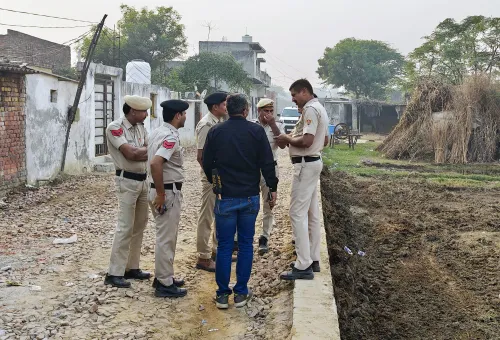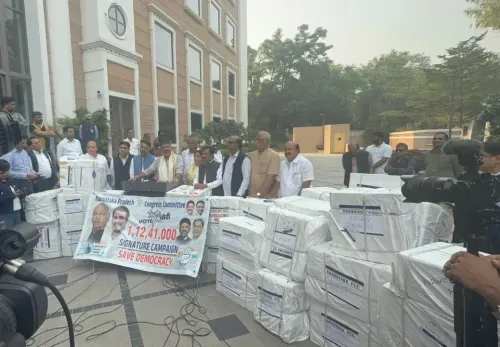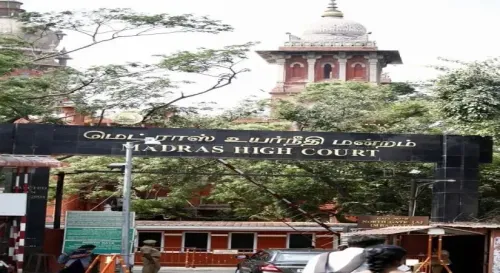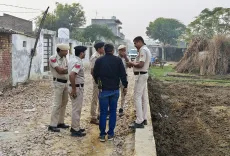Will Pakistan's Pact with ISKP Drive Expansion into India?

Synopsis
Key Takeaways
- ISI's support for ISKP raises security concerns.
- The alliance could threaten regional stability.
- Increased ISKP activity in Balochistan.
- Potential for attacks in India.
- US pressure on Pakistan to restore order.
New Delhi, Sep 19 (NationPress) The recent attacks in Balochistan have sparked concerns regarding the ISI's alleged support for the Islamic State Khorasan Province (ISKP). The Afghan Taliban has long accused Pakistan of backing the ISKP, a claim that Islamabad vehemently refutes.
However, evidence from the recent incidents in Balochistan indicates that the Pakistan Army and ISI are fully supporting the ISKP. Indian intelligence agencies have consistently noted a connection between the two entities. Recent intelligence reports imply that the ISI plans to leverage the ISKP more actively in Balochistan.
Originally, the ISKP was utilized to combat the Tehreek-e-Taliban Pakistan (TTP), which Islamabad alleges is supported by the Afghan Taliban. Yet, a strategic shift has occurred, with the ISI directing the ISKP to intensify its operations against the Baloch populace.
Evidence of this shift was presented in a video from the ISKP’s Al-Azaim Media, where a speaker in Pashto declares a war on armed Baloch nationalist groups, as well as political and human rights organizations.
The ISKP claims that this offensive is a response to attacks by Baloch insurgents on its training facilities, resulting in 30 casualties. However, the reality is that it is Pakistan that is propelling this militant organization.
In recent months, Pakistan has entered into mineral agreements with the United States and signed a pact with Afghanistan and China concerning the China Pakistan Economic Corridor Project 2.0 (CPEC). During negotiations in China, Pakistan was clearly informed that it must secure funding for the project and address the dire security situation in Balochistan.
Additionally, the US is exerting pressure on Pakistan to restore stability in Balochistan, which is crucial for the mineral deal's success. The US has further assisted Pakistan by designating the Balochistan Nationalist Army (BLA) as a terrorist organization. While this action empowers the Pakistan Army to combat the BLA, it simultaneously faces challenges.
The Pakistan Army is under significant pressure from the TTP and BLA, necessitating the support of the ISKP to confront these threats. Although the ISKP-ISI alliance has been developing for some time, the recent escalation in Balochistan is alarming for the region.
This intensified focus allows the ISKP unrestrained freedom to operate. While this may lead to turmoil in Balochistan, it is essential to remember that India remains the ISKP's primary target.
When the ISKP was established, it chose Afghanistan as its base of operations, gradually extending its influence into Pakistan and increasingly aligning with the establishment. However, it is crucial to note that the ISKP's principal aim is India.
This is the same group that was recruiting Indians and providing training in Pakistan. The ISKP's strategy has involved training Indians and sending them back to India, successfully recruiting 21 individuals from Kerala and planning to expand further.
This partnership raises further concerns, as the ISI is likely to permit the ISKP to launch attacks across India.
Previously, the ISI had ensured that the ISKP would refrain from interference in Jammu and Kashmir and Punjab, territories dominated by Jaish-e-Mohammad, Lashkar-e-Taiba, and Khalistani terrorist factions.
Security officials now suggest that as the ISI seeks numerous favors from the ISKP, in exchange, the terror group will demand greater operational ground in India.









